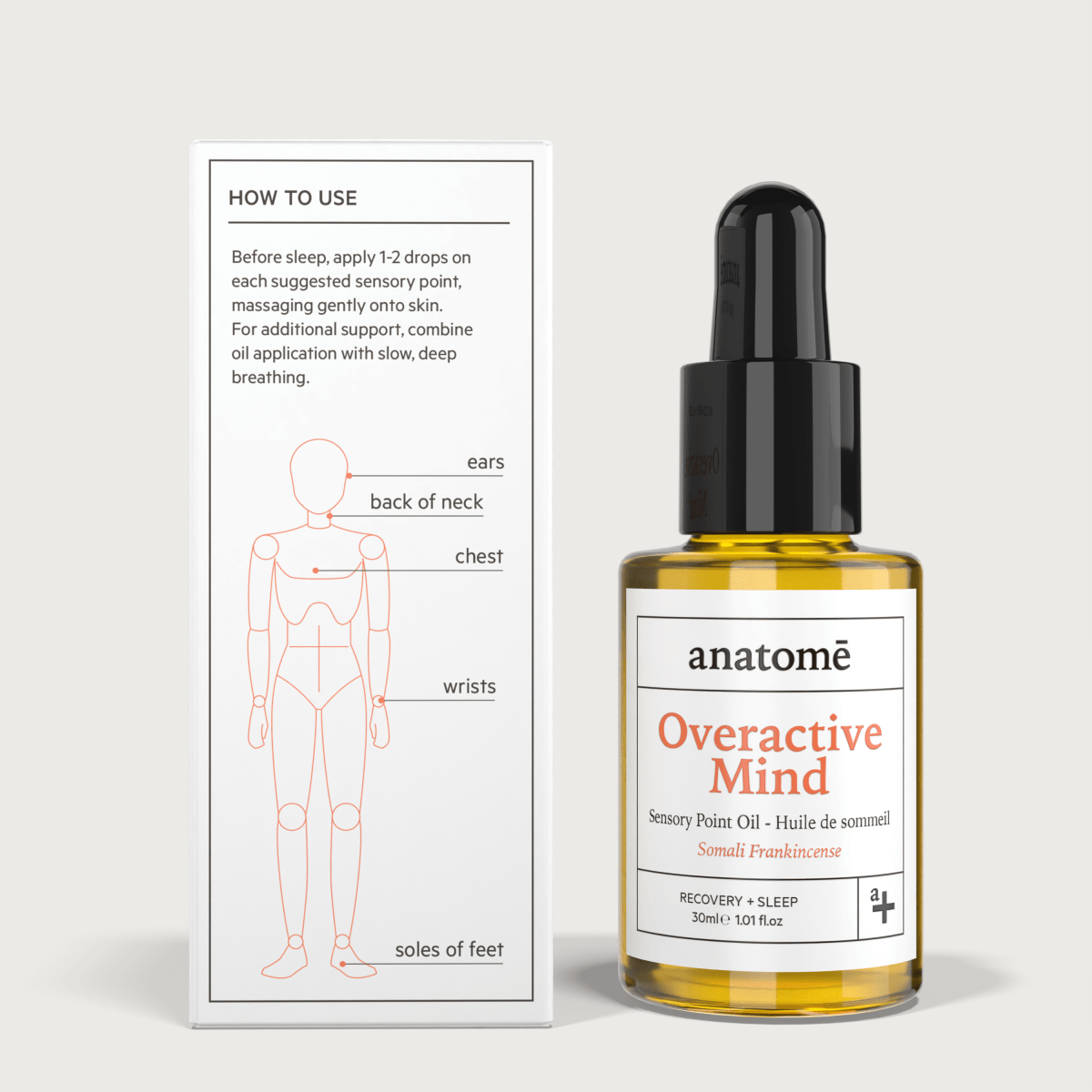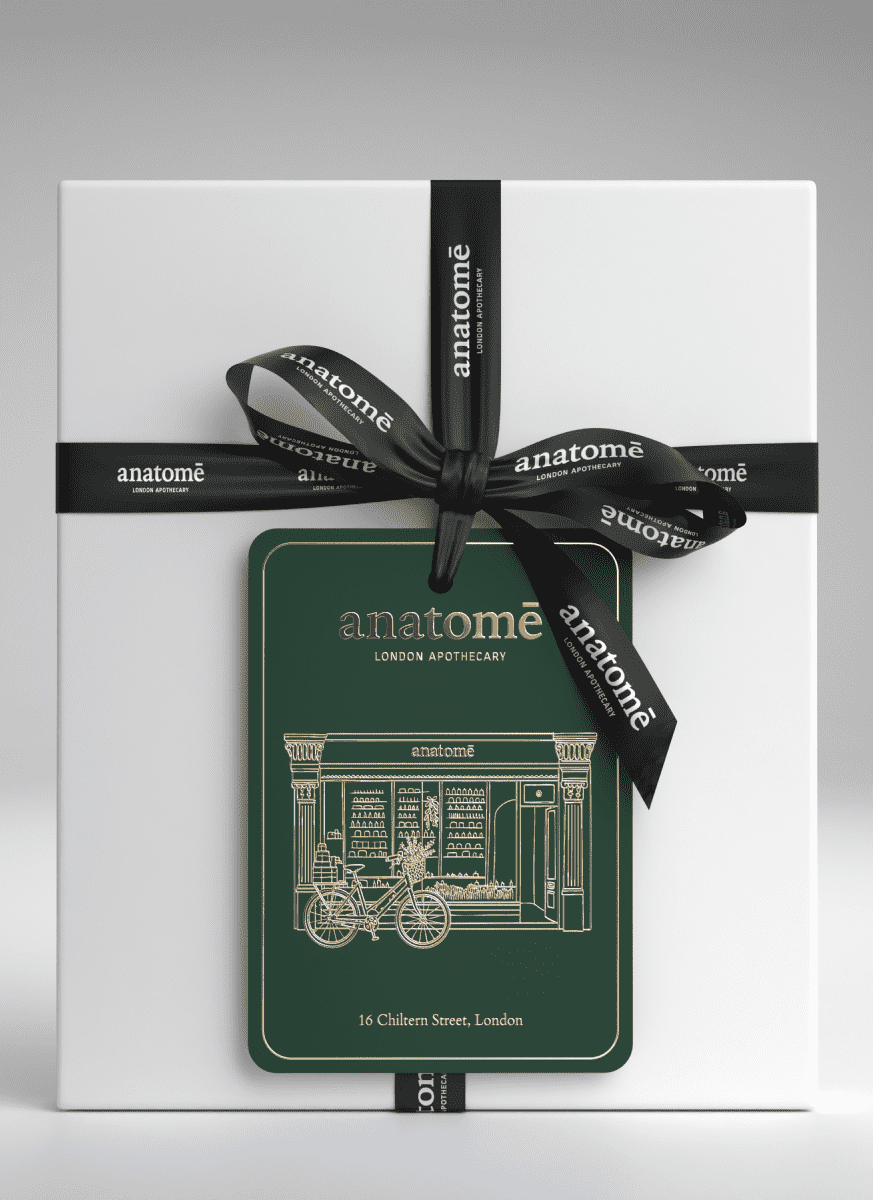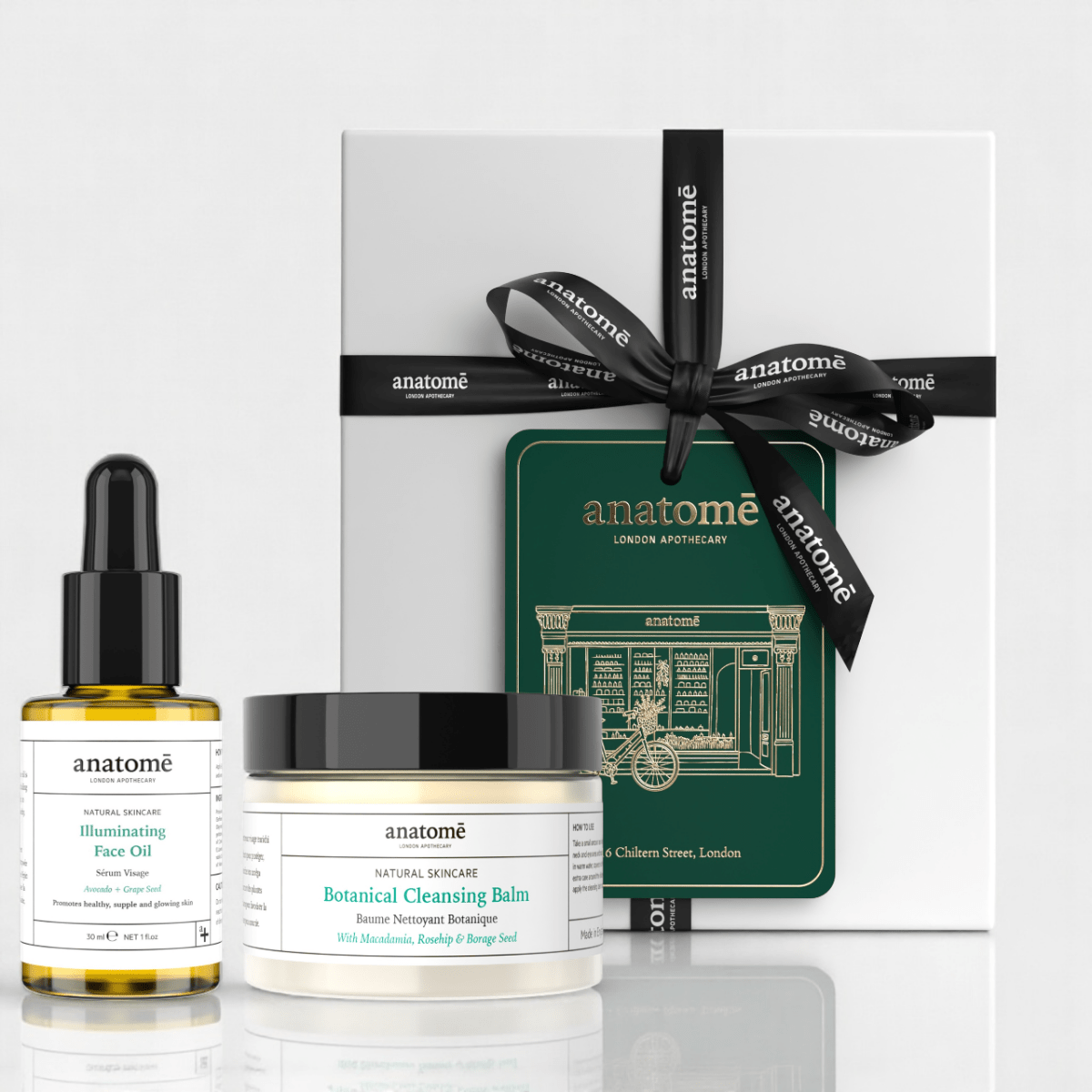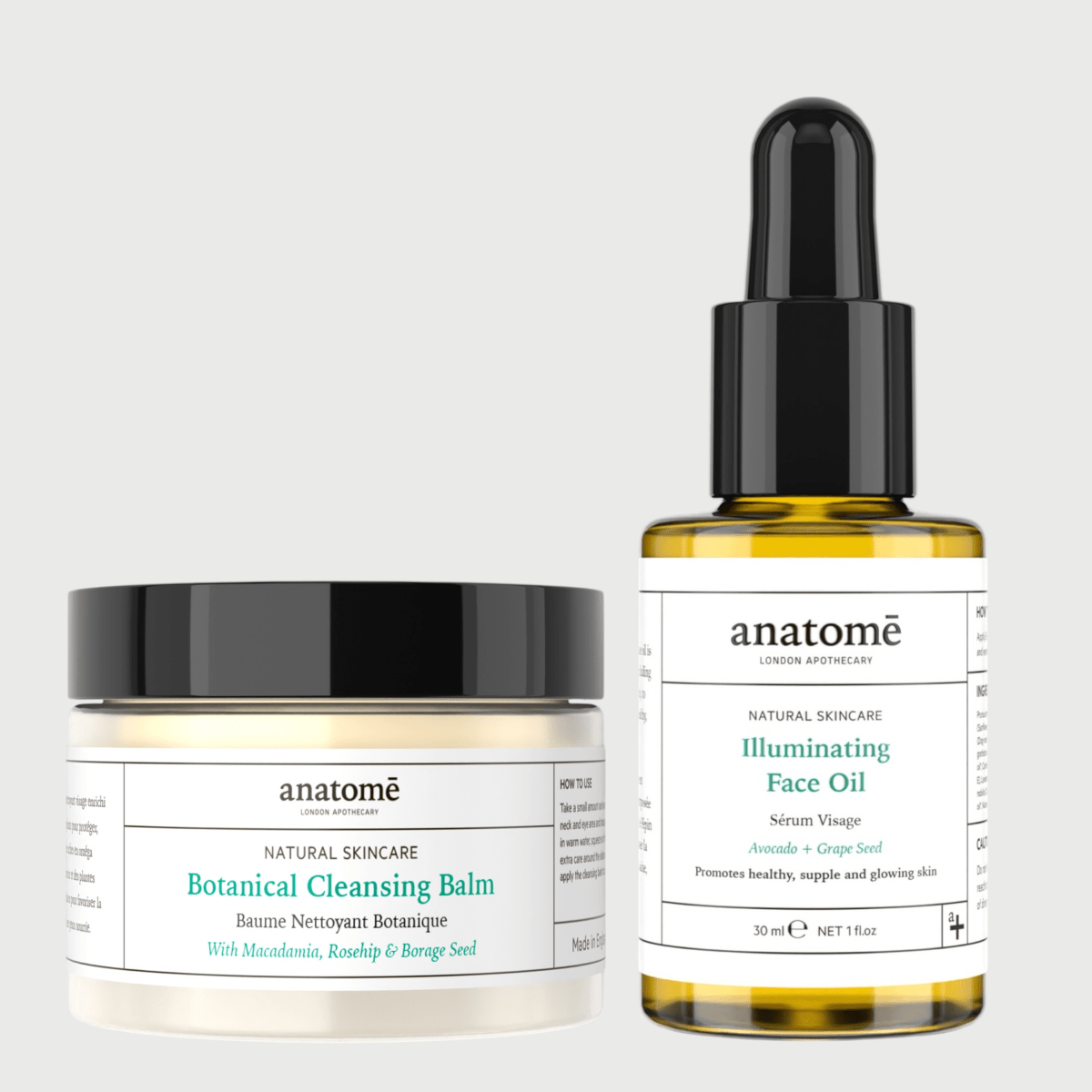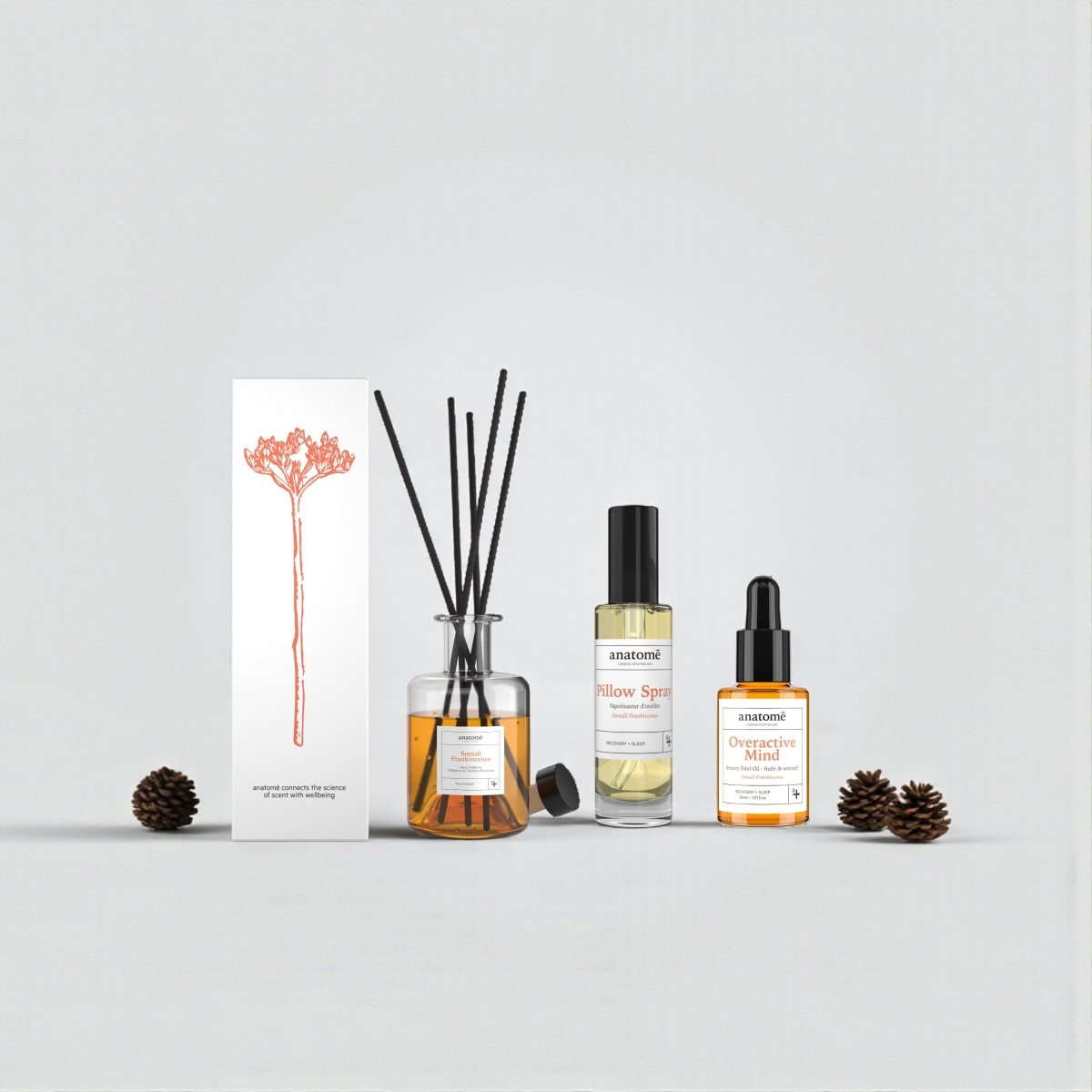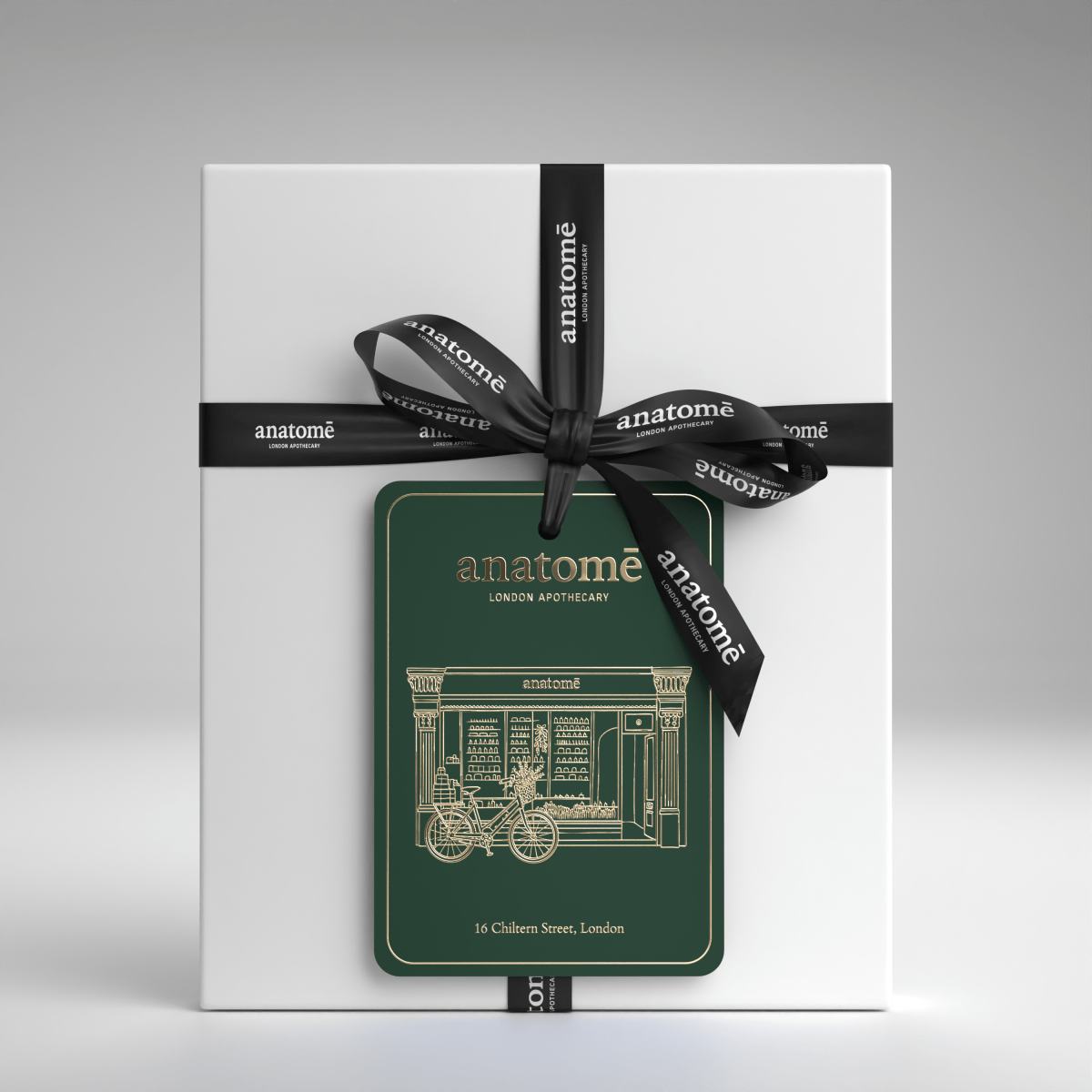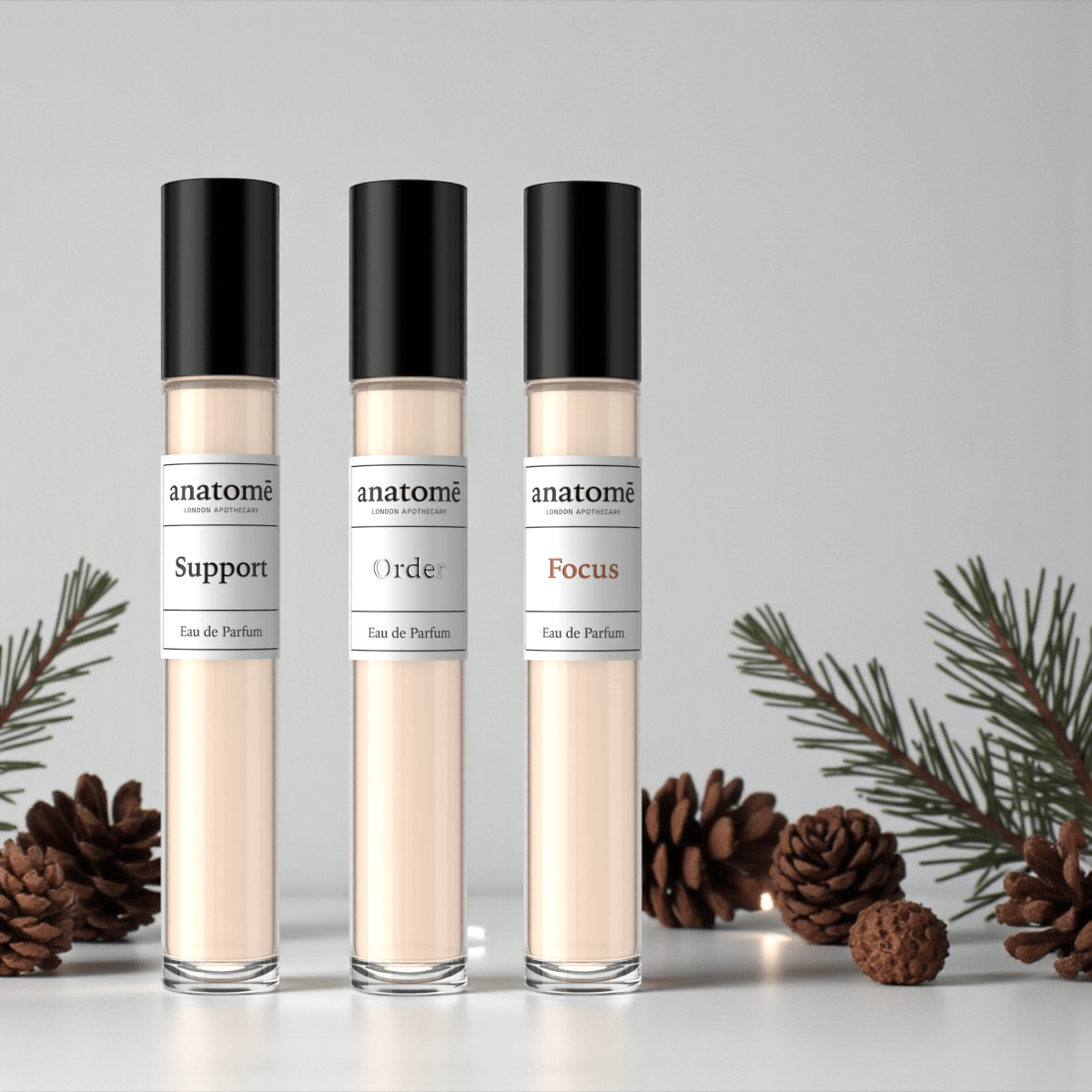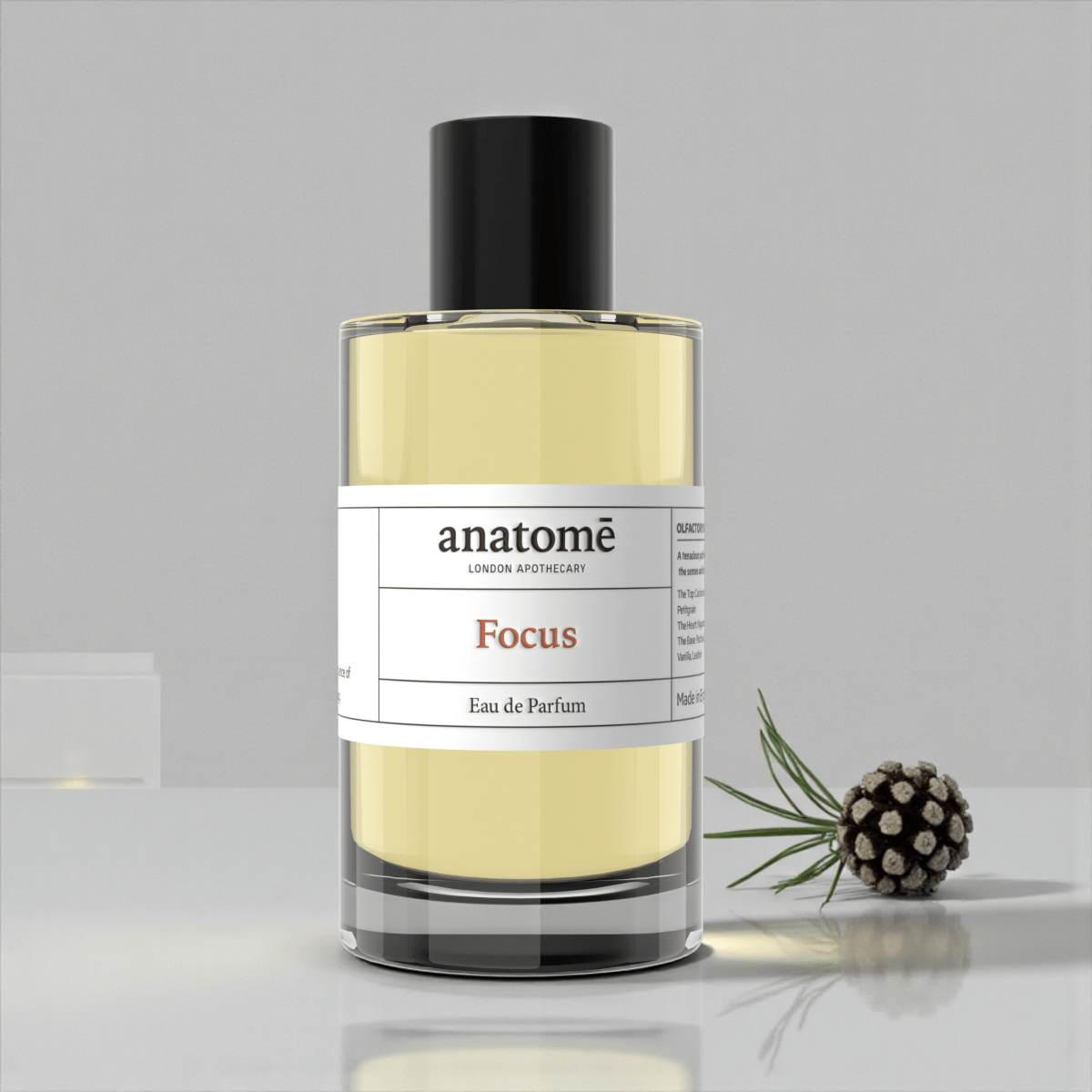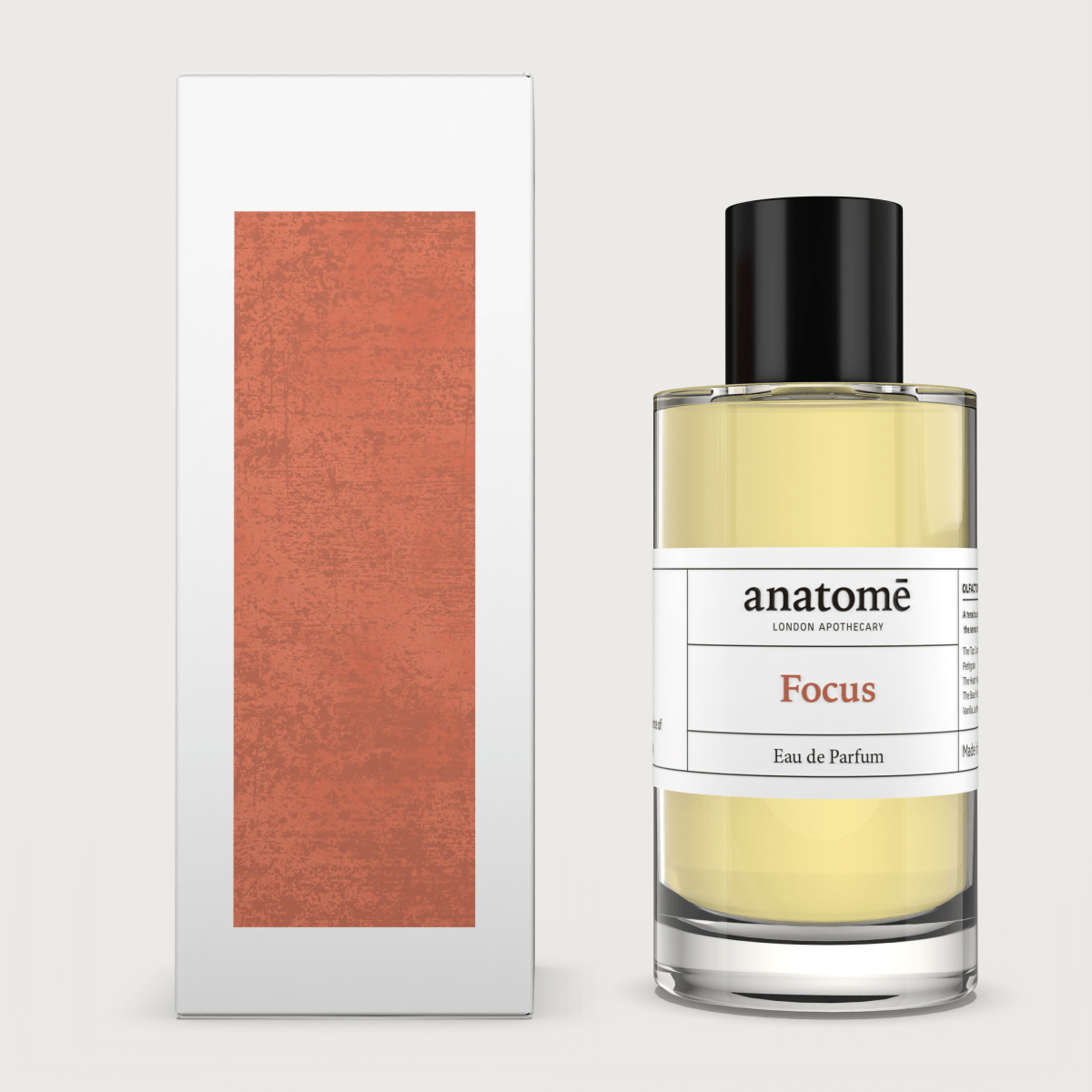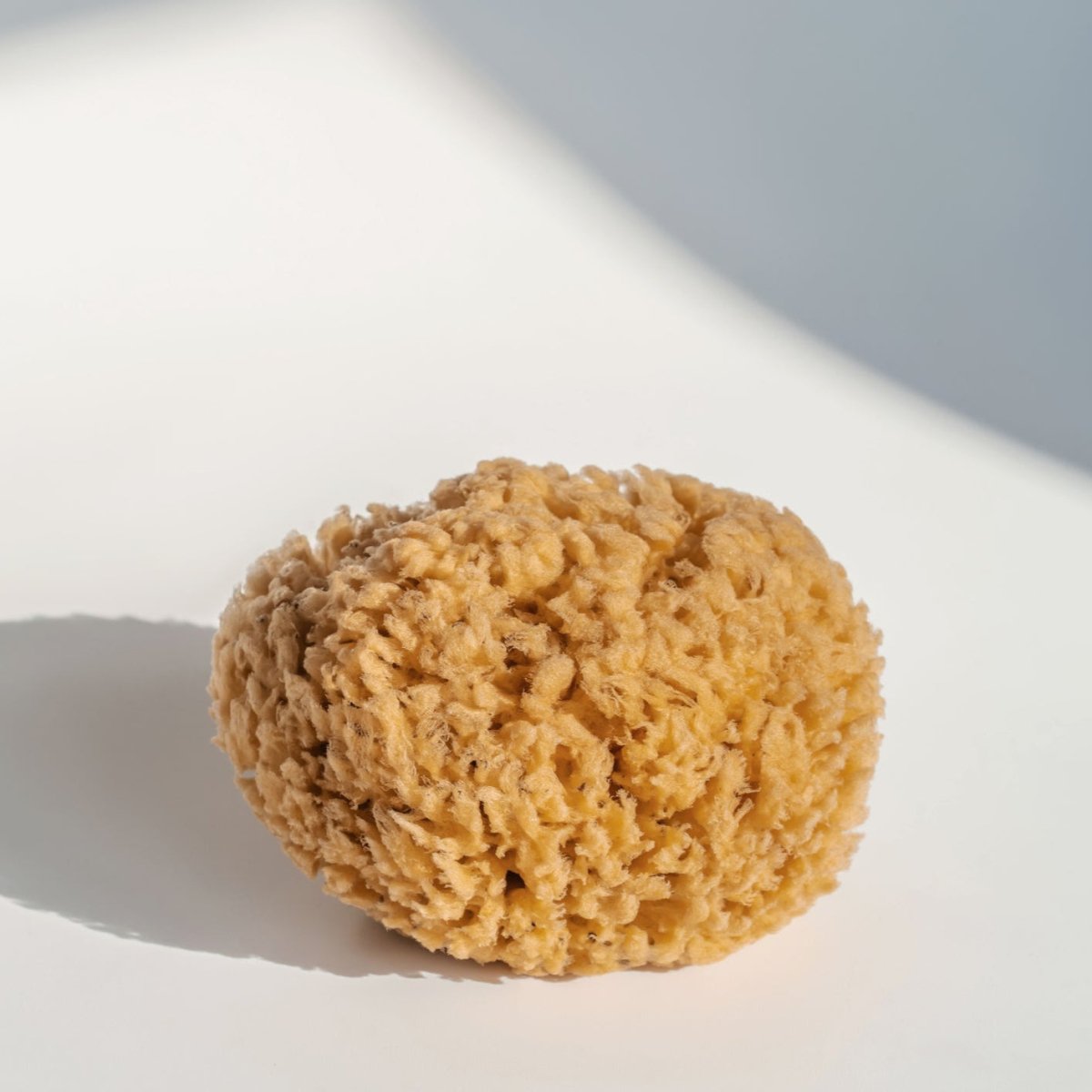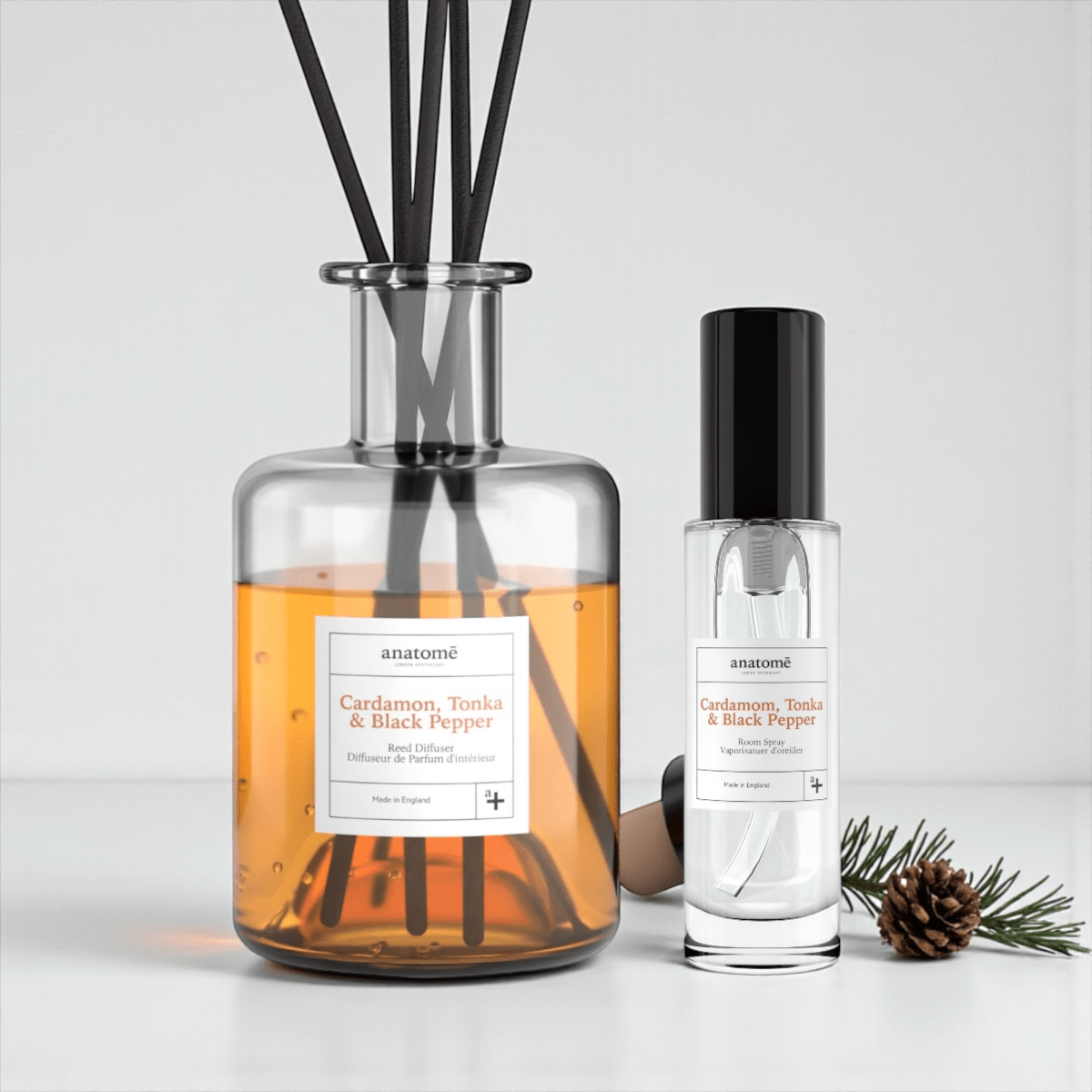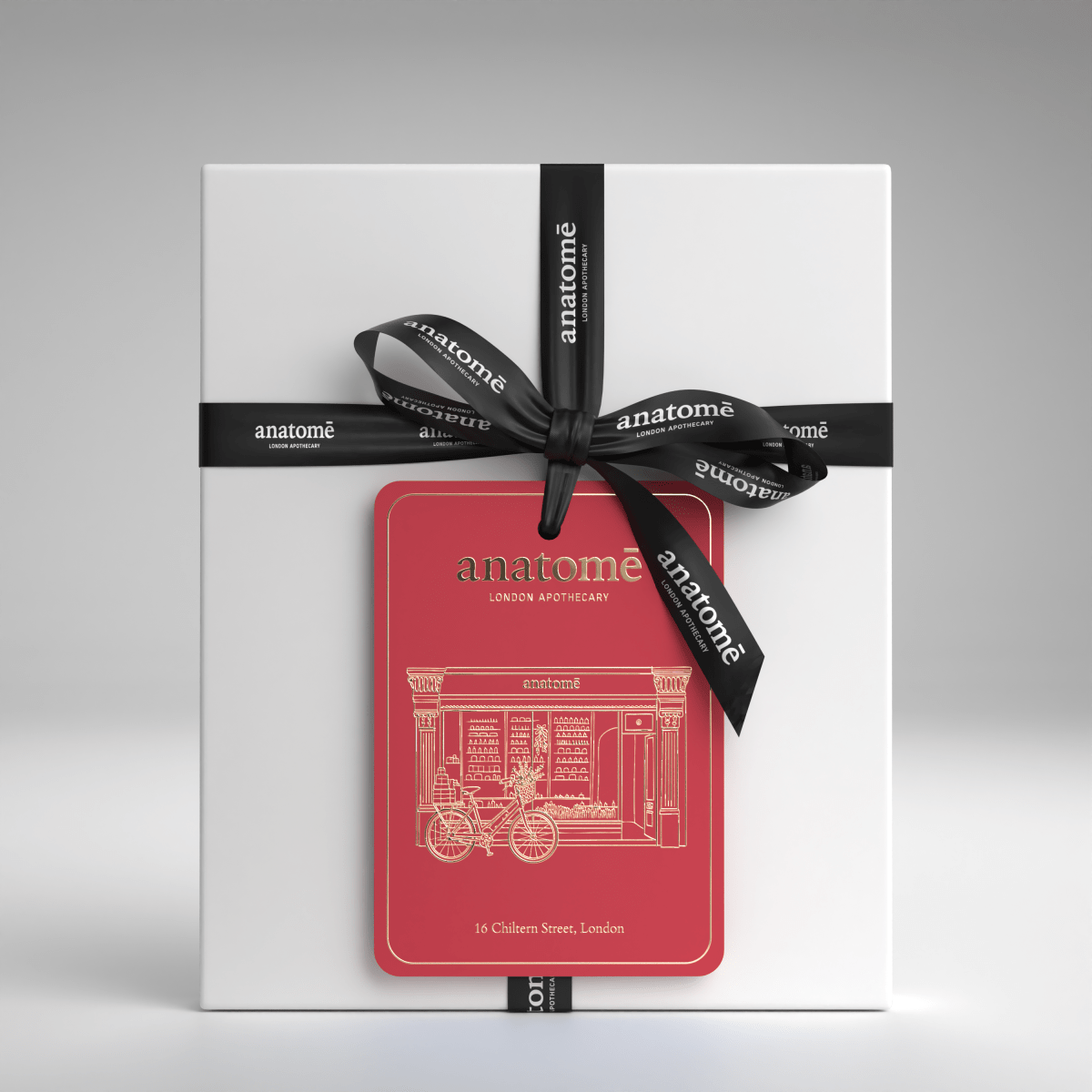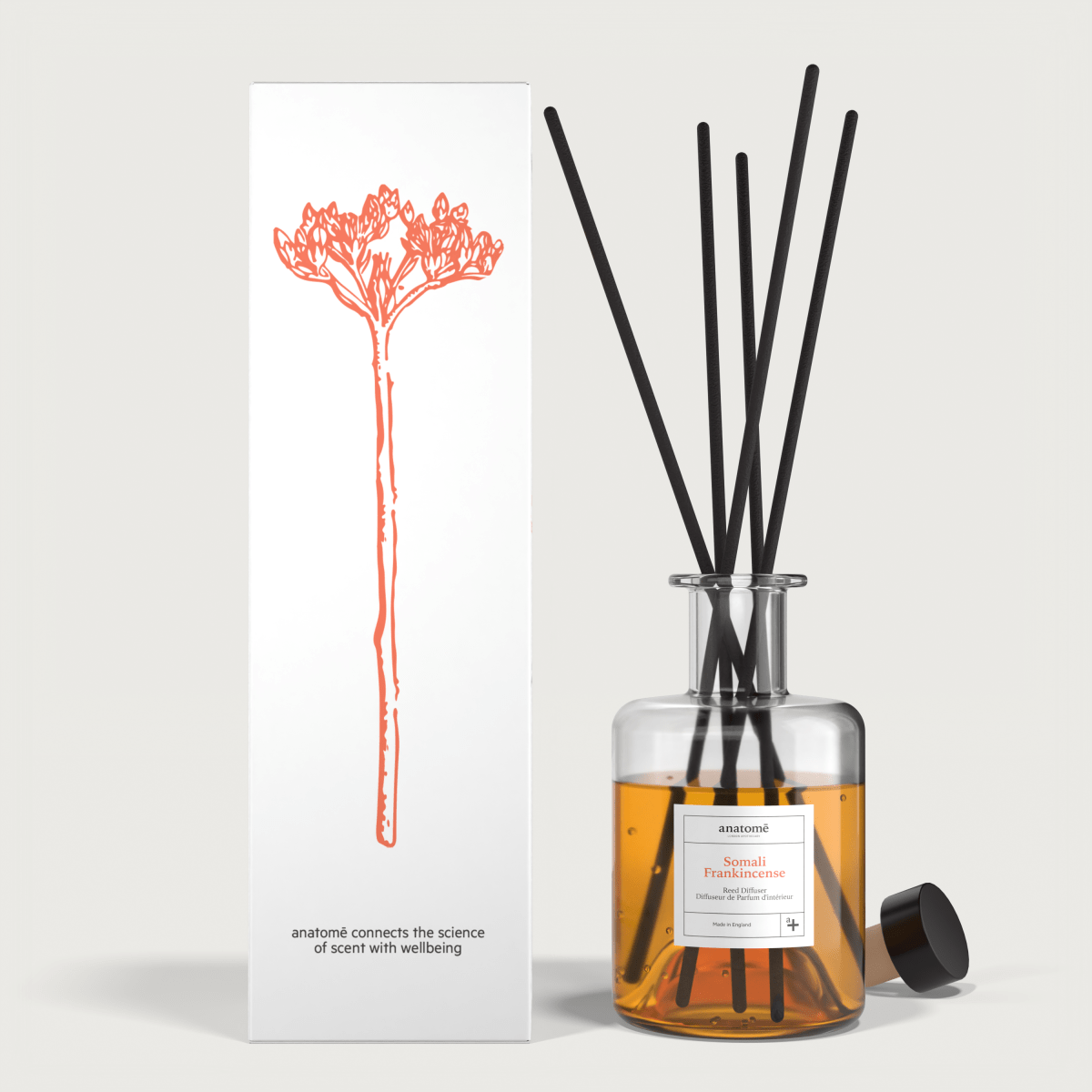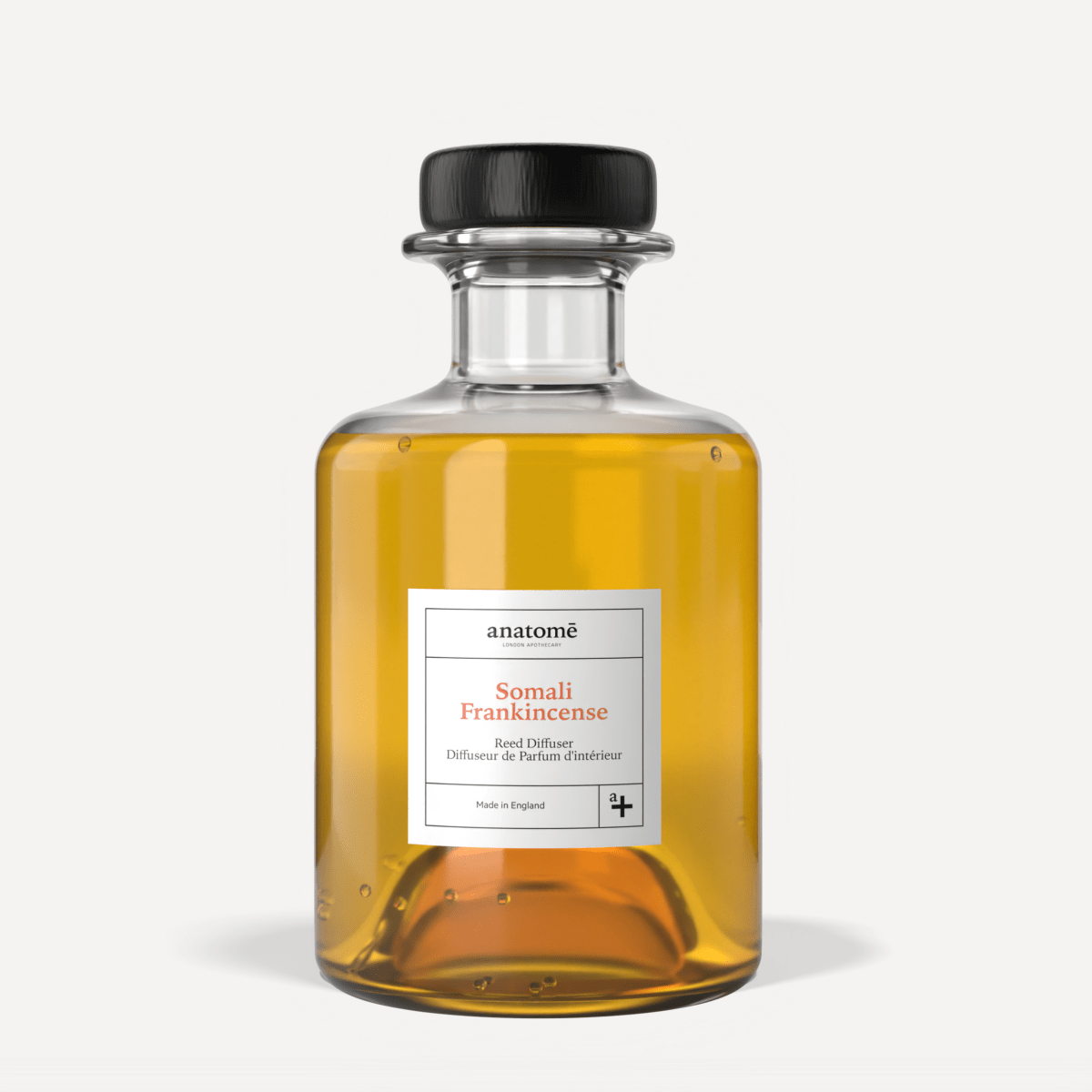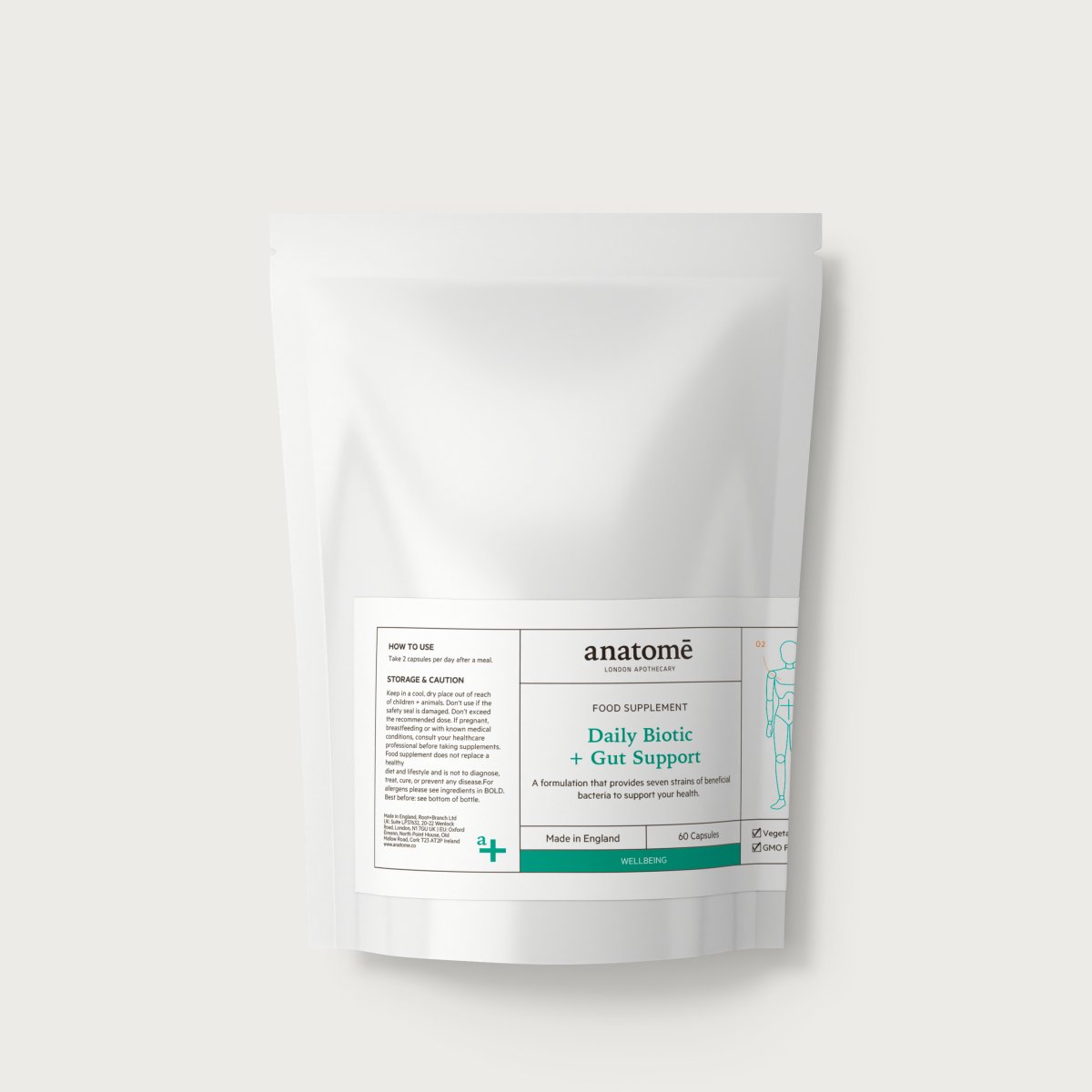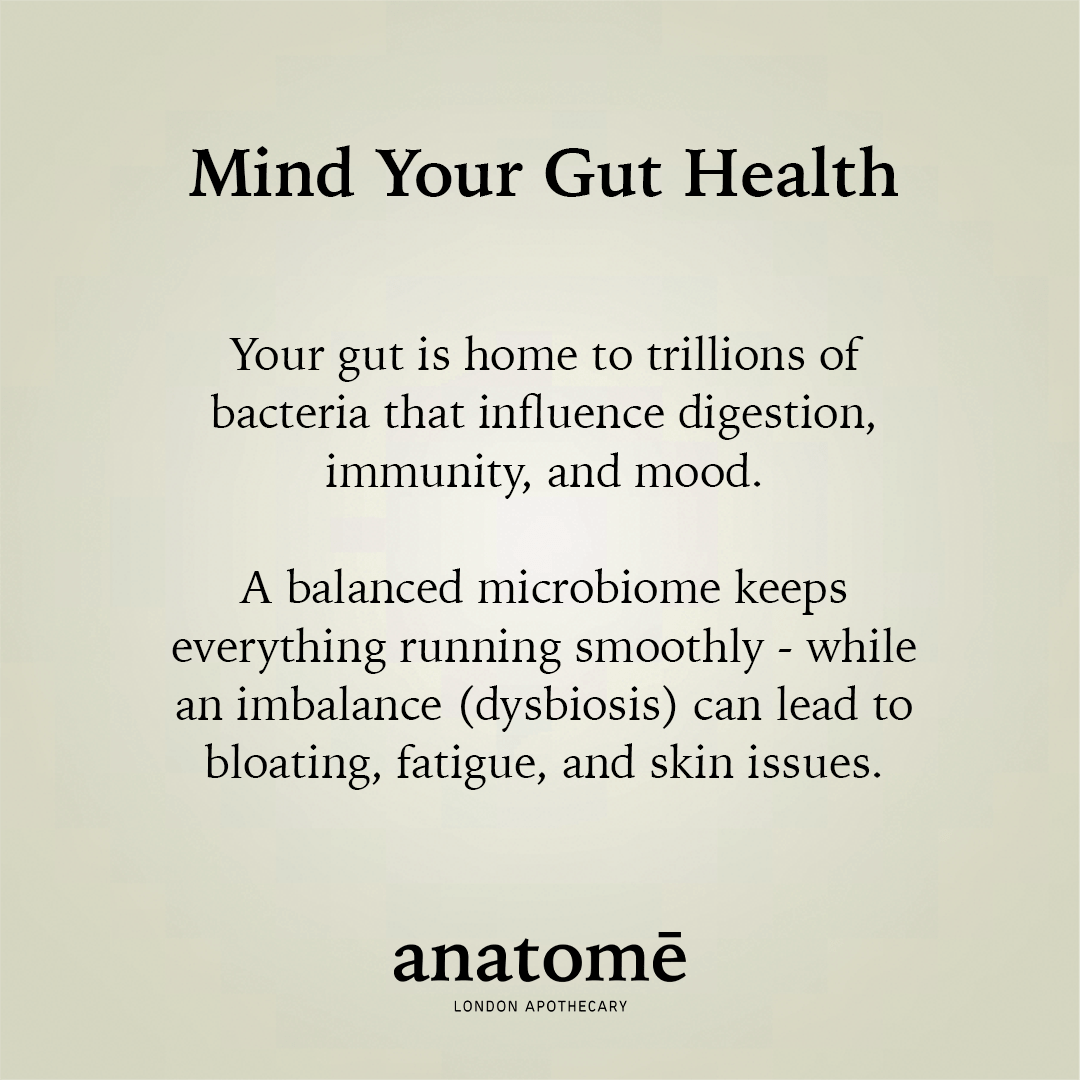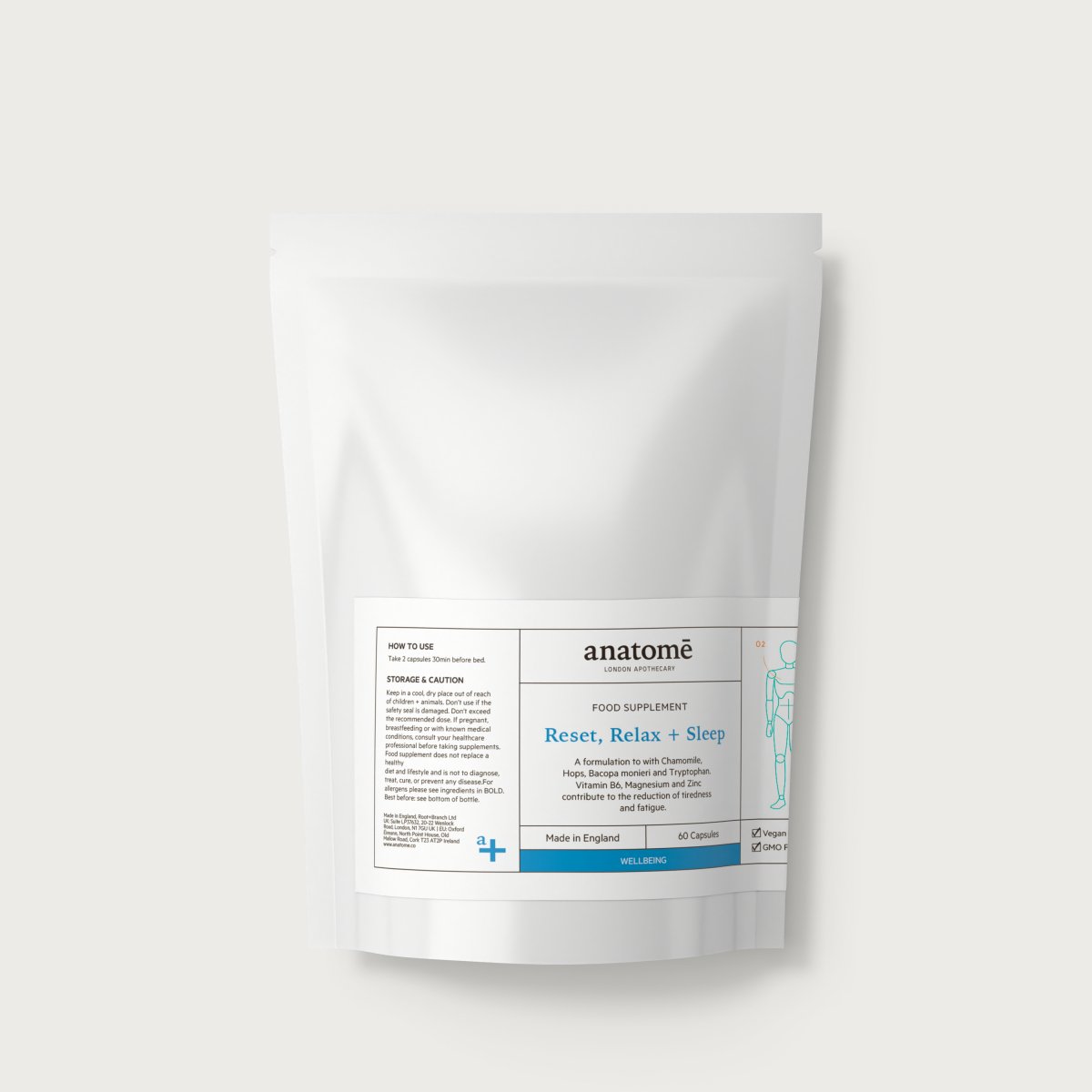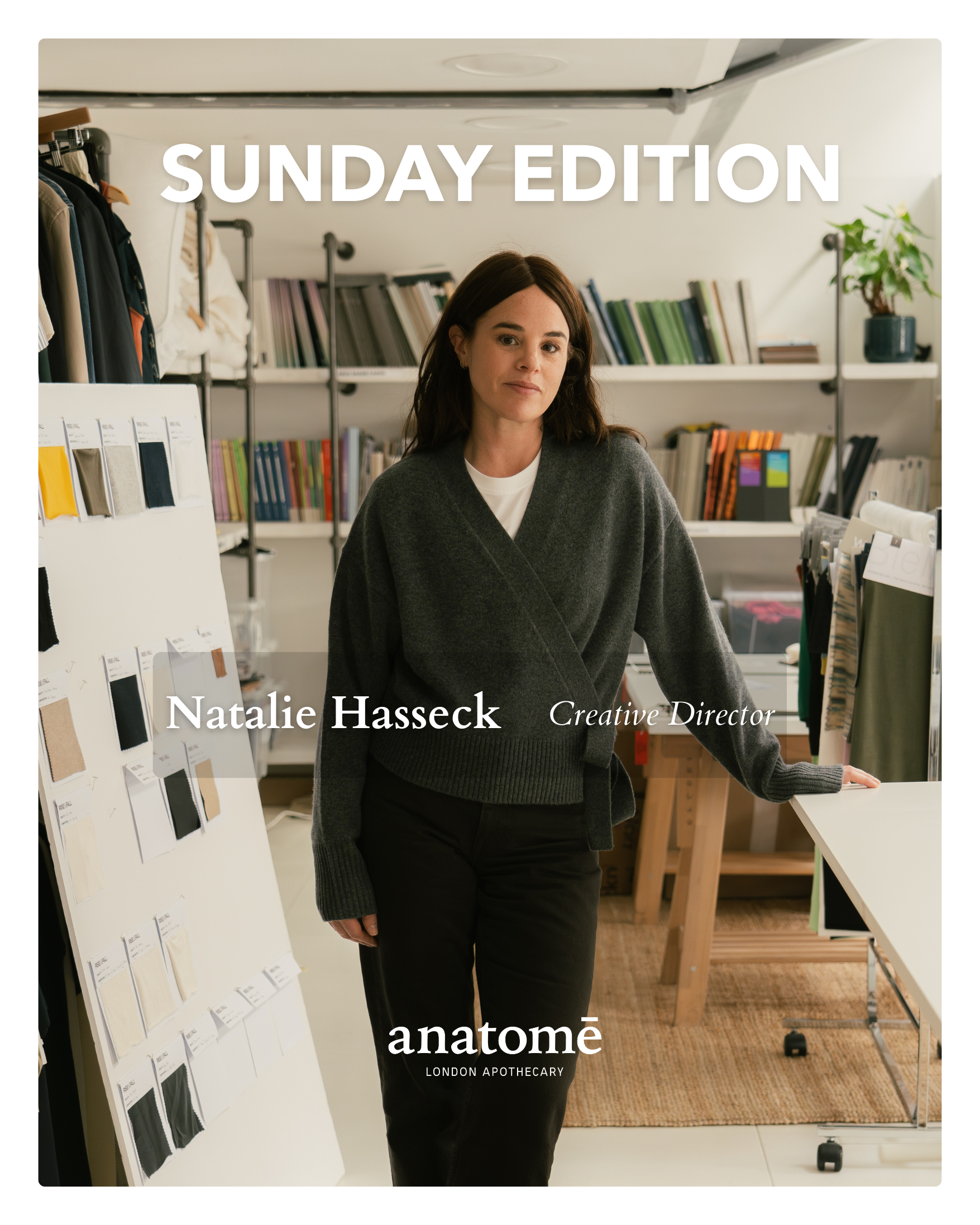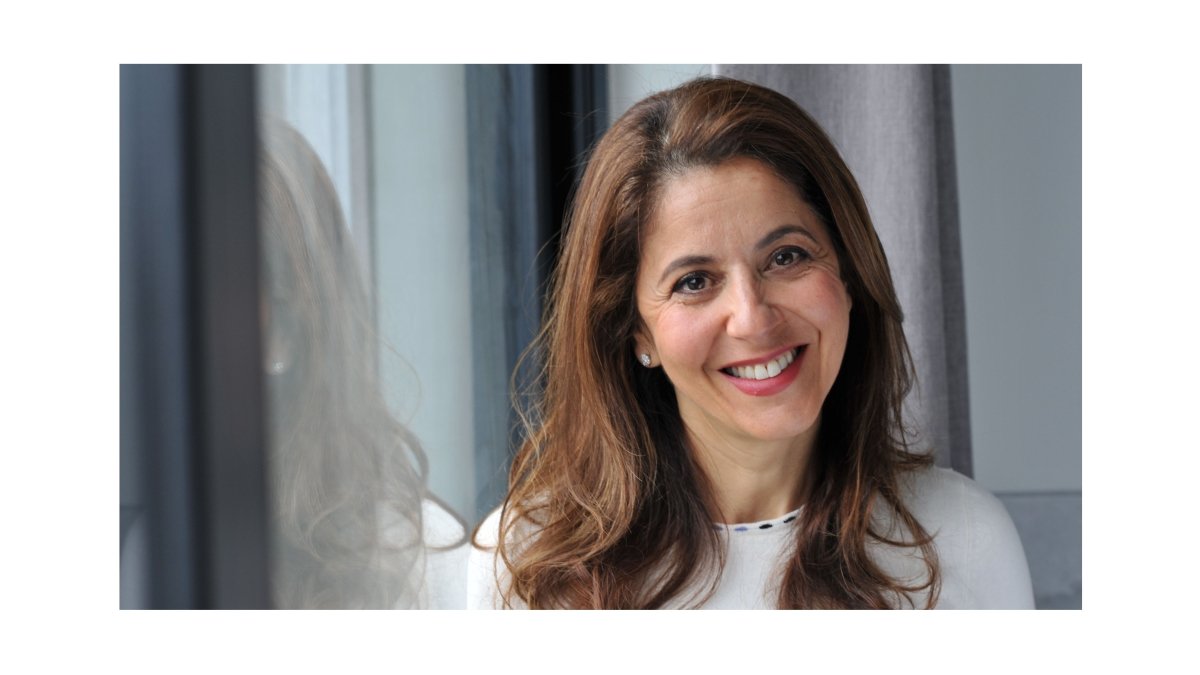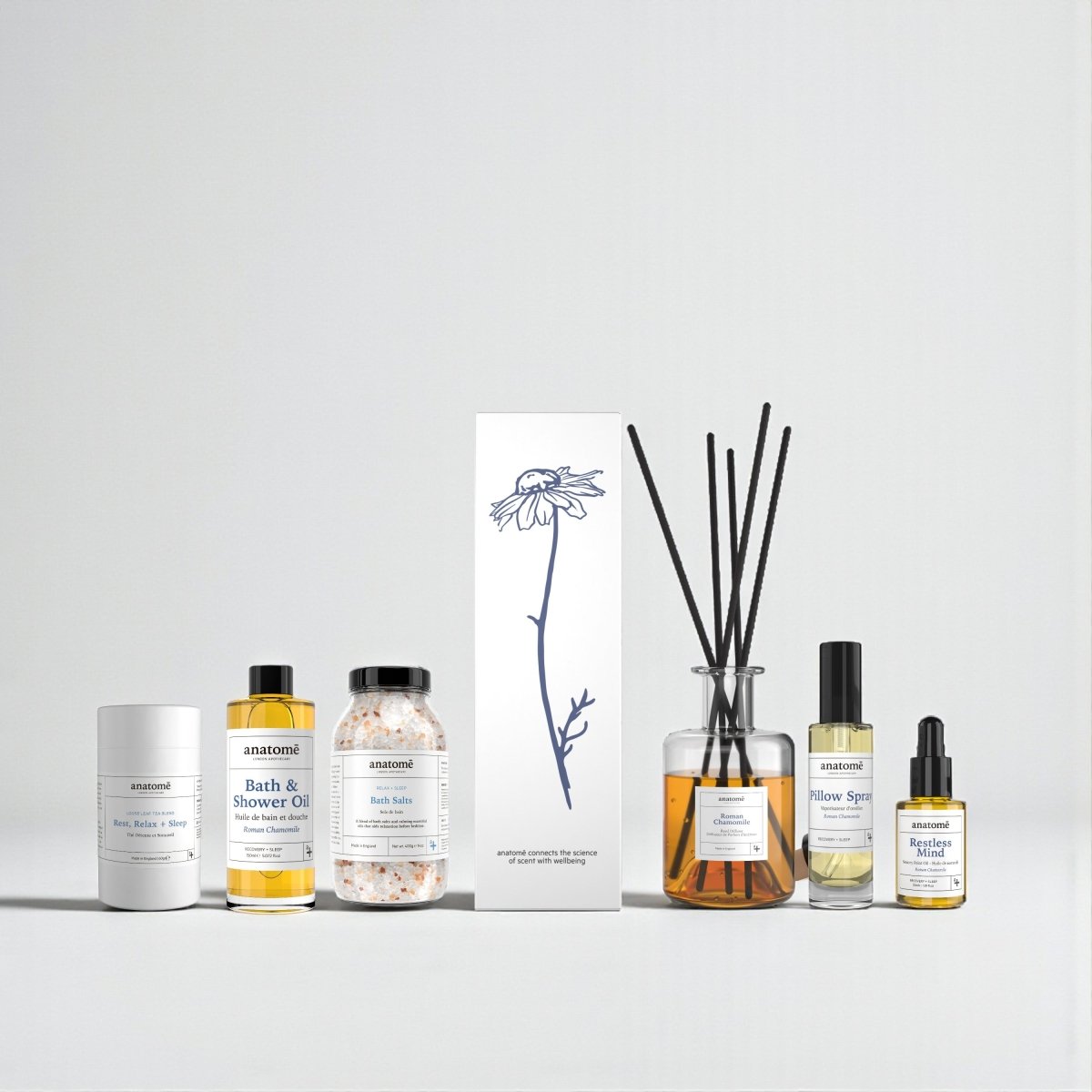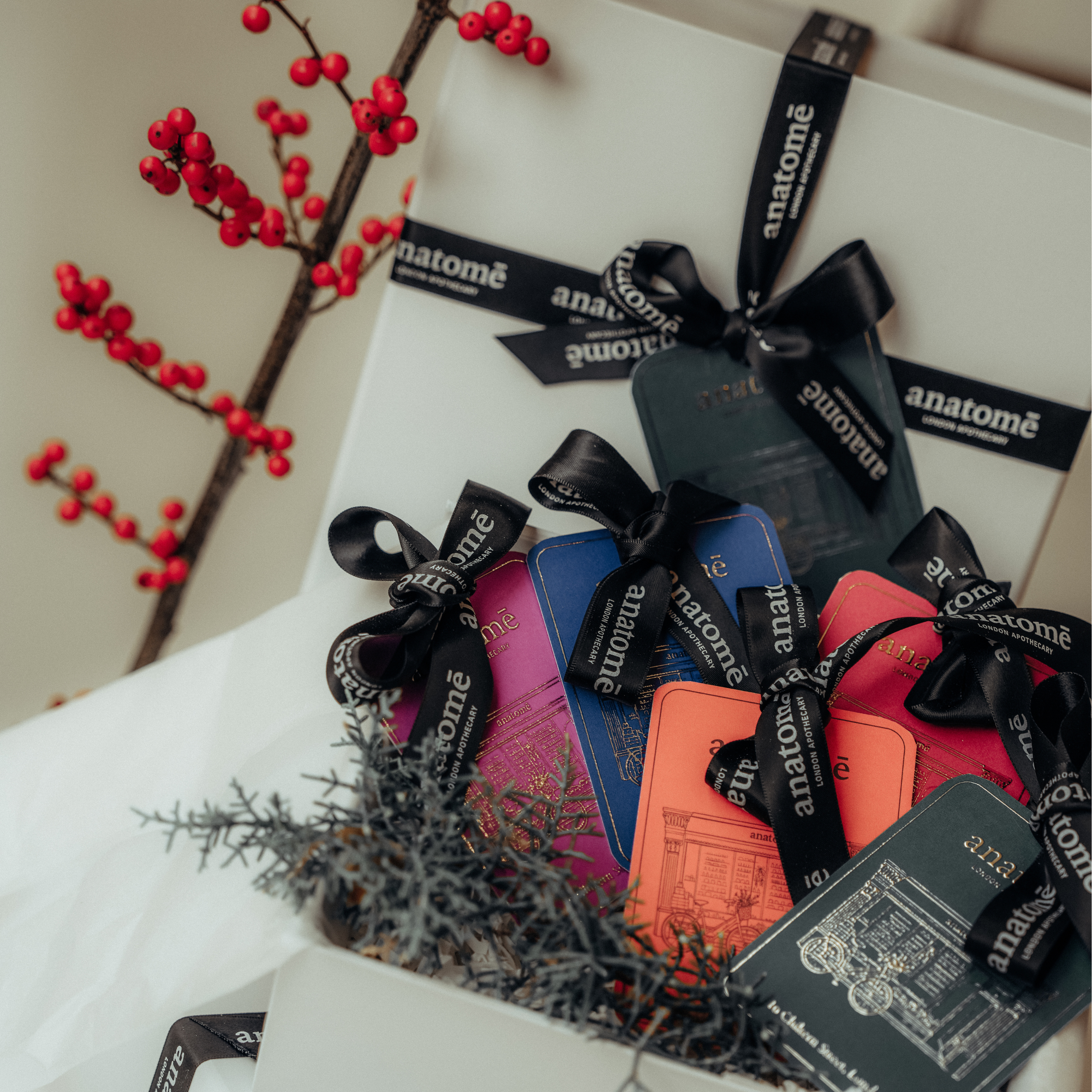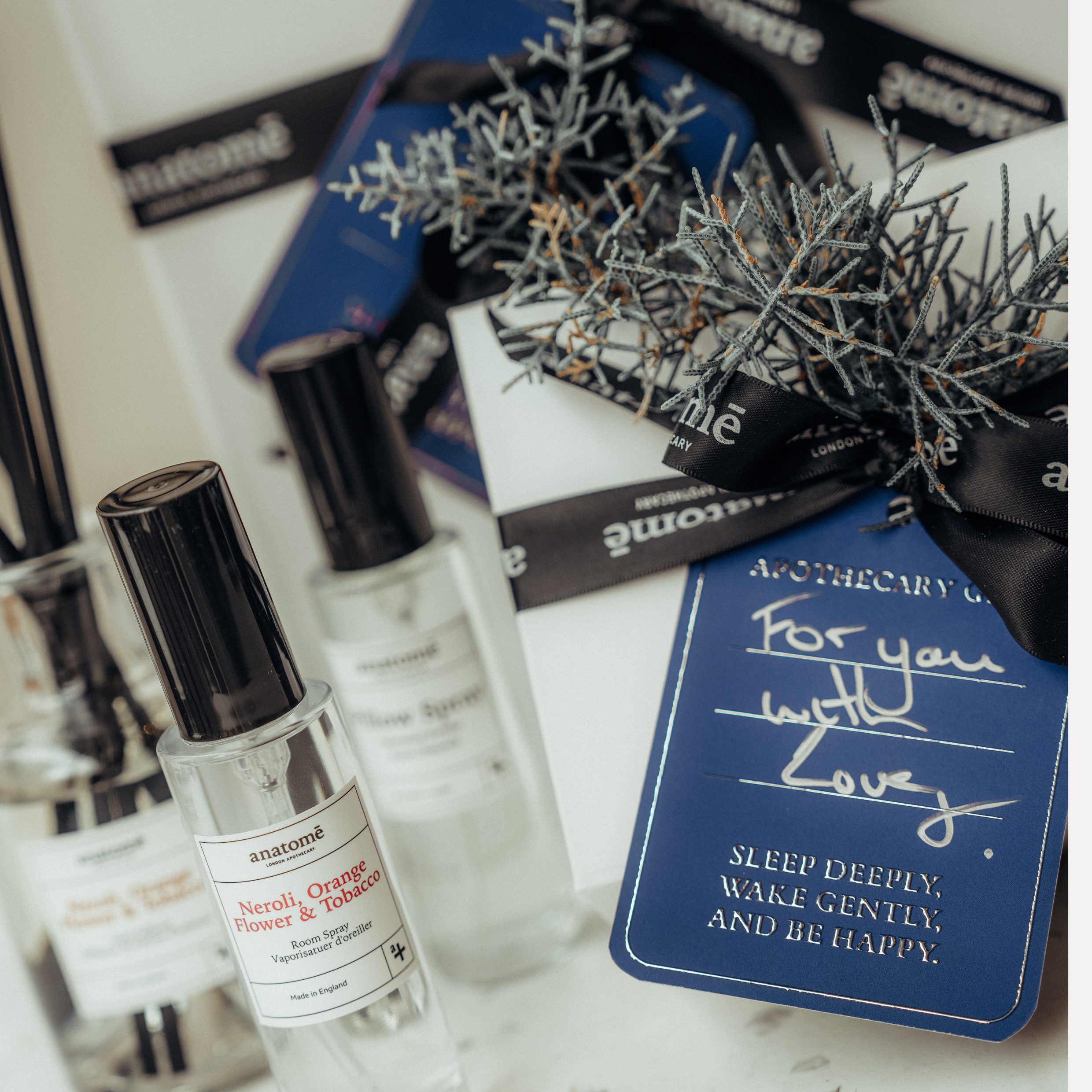May is a qualified Personalised Nutrition MSc, mBANT, CNHC, IFM, RSM. She holds an MSc in Personalised Nutrition and has years of clinical experience to provide sound recommendations and the latest nutrition research. She shares a simple, no-nonsense approach to healthy eating – backed up with expert qualified recommendations. May has met the strict criteria required for BANT, the British Association for Applied Nutrition and Nutritional Therapy and the CNHC, Complementary and Natural Healthcare Council, which is the council recommended by the UK Department of Health for complementary and natural healthcare services. In addition, she is registered with the IFM, The Institute for Functional Medicine and a member of the RSM, The Royal Society of Medicine.
So tell me a little bit of background first.
I came into nutrition quite late in life. I've got three children who are all older now, in their 20s. My youngest was 10, and I just sort of figured, gosh, I need to go back and do something. Not quite sure what I want to do. The lovely thing about going back to a new career or studying in later life is you can actually do something that you're really passionate about and enjoy. I looked around me and thought, I'm feeding my children, I'm educated in health, I want to eat well. I love food, I love cooking, I guess I'm going to go and just start in nutrition.
I didn't actually think it would result in an extensive career in nutrition. I just went back to study nutrition and what happens in the body when you eat food, basically. And I just got totally, totally immersed in it. Absolutely loved it. Became incredibly fascinated with what happens in your body and just carried on studying until, after six years of studying, I qualified with a master's in personalized nutrition.
Then I started working and seeing clients and became really interested in the fact that if you eat well, live well, have a great lifestyle, you actually feel heaps better. Life is much easier when you feel well, eat well, are well. So that's really how my career has evolved and how this journey has evolved. I never really imagined I would be doing what I'm doing. I'm a nutritionist, and I love to help people eat well. But simply, no fads, no crazy diets, no eliminations. It's really about just putting good food in your body in the right portions, eating a rainbow, eating well, and it doesn't need to be more complicated than that. That's my approach. It's much more straightforward.
And so your roots are that you're part Egyptian and grew up cooking and eating a blended Mediterranean diet?
I'm born and bred in the UK to Egyptian parents, so food was a big thing in our house. I'd like to say it was a Mediterranean diet, but actually, it was a hefty diet, that classic sort of home cooking. It was great because I did eat real food, there is absolutely no doubt about that, but the portions weren't great and were a lot of fried foods. The normality of having home-cooked food to me wasn't a big deal. It was just how I ate. But as I delved deeper, studied, I started to combine those cooking skills that I had learned growing up with my nutrition background to make sure that the two married up. Yes, it's great to have home comfort food, but it's not sustainable if you want to manage your health, manage your weight.
I think it's evolved into a cleaner, healthier, more Mediterranean approach to eating. And as we all know, the Mediterranean diet is undoubtedly one that has been evidenced as a healthy way of eating. And it certainly is a sustainably healthy way of eating.

So you studied your masters, and then did you go straight into setting up your own practice?
I was already working. As I qualified with my diploma, I'd started to see clients. But I think one thing I realized was that I really did want to understand precisely what went on in the body. It wasn't enough just to know that something was good for you and this is what you should do. I wanted to see why it was good for me. So when I ate something, what was happening? Which systems in the body were being engaged, how were they working, and how can you then influence what you're eating to make sure that you don't get the symptoms you don't want, or you are addressing a medical issue, or how you're feeling, or anything that you want to influence. But you need to understand what's happening in the body to be able to say, "Okay, so if this happens, I can take this, I can do this, that isn't going to happen." Or, "This is happening because I am doing this. Therefore, what else can I do to change that?"
And I think it was actually studying for a masters degree that gave me a much better understanding of the mechanisms involved in the body's different systems. One thing that I have really come out of that is that all our systems are linked. It's not just dealing with your skin health, energy issues, or hormone issues. You're not going to deal with those in isolation. It's a whole-body approach. Dealing with one affects the other, which affects the other. So you have a lot more scope, actually. If you want to lose weight, if you do it the right way, you're going to actually address perhaps hormonal symptoms that you're getting that are uncomfortable, energy issues, imbalances, skin health issues. All systems are linked, and this is something that I actually found really fascinating. I only really discovered that when I delved deeper and studied at a deeper level.
Then it becomes much easier to advise, help and support people when you can address more than one system at a time. The body's very clever, and it's not just one thing in isolation that's going to make all the difference.
What kind of clients are you working with?
I work with a lot of clients who've exhausted the medical system. Thankfully, medically, there is nothing wrong. There is no medical diagnosis. The doctors may have tried medication, but the symptoms are still there. For example, IBS – you can certainly dampen the symptoms, but you don't get to the root cause of it. What I usually see with my clients is that they've exhausted a lot of that, or they've gone onto the internet, tried to find out as much as they can, tried to do what the internet's suggesting. But again, it's not anything in isolation. It's a whole-body approach. By the time I see clients, they're usually at their wits ends. They want to feel better, they want to feel well, they want to look better.
The clients I see are then ready to delve a bit deeper and look at what they can eat and their lifestyle – what diet and lifestyle measures they can start instilling to start getting the results they want. It isn't only what you eat. It's managing stress, managing sleep, really getting those in balance along with the diet that could be exacerbating all of those things. I suppose if I had to put an age group, I see a lot of people from mid-40s upwards who perhaps are managing perimenopause, or they've been through menopause and just not themselves. They've got to put a lot more effort in to just maintain the status quo and just maintain what always used to work.
It's a case of being more targeted, more specific with the advice that I offer. Perhaps a supplement program, certain diet and lifestyle changes. But you know what, I also see a lot of clients who are a lot younger. They have many more issues now that perhaps weren't issues a few years ago – mental health is one of them, emotional support, energy issues. We're all much busier. We're all more stressed. So it can be varied, but diet and lifestyle changes can go a long way to helping to support those symptoms and issues.
We also now know that we should be eating fat. Fat is satiating, fat is central for our mental health, it's essential for our cell integrity. But when you've been brought up with that mentality of don't put a drizzle of olive oil, reduce butter, don't eat butter, it's tough to change our mentality and therefore change our approach. But that I something that I work a lot on with clients.

Do you think Britain doesn't love cooking despite us being surrounded by restaurants and food shows?
There is a guilt associated with eating. If you eat well and eat a lot and eat regularly, you sort of feel guilty, and you have to make up for it. But a lot of that is because perhaps when you eat like that, you're overeating portions wise, so there is weight gain. And sometimes there's a feeling of: "to avoid all of this, I've actually got to cut everything out. I've got to eliminate. I've got to eliminate the portions, the meals, the food groups, the alcohol." And of course, you can do that for a little bit, but it's just not sustainable.
It's also that same generation are not great at cooking. They don't like cooking. They don't actually know how to cook. This is something I have found quite eye-opening. And as a result, I have evolved the way I work. I'm a nutritionist, and I like to advise people on what to eat, but I have to go a stage further and teach them how to cook what I want them to eat. Now I run a lot of cook-alongs where I'm demonstrating, I'm talking about the health benefits, I'm talking about why I want people to eat this. Still, I'm actually showing them how to make it.
If I was to come to your home and eat a rainbow coloured meal, what's on the menu?
That's such a tricky question because I'm so passionate about eating a rainbow. It's important to vary the colours because when you do, you vary your nutrient intake. It's a case of eating as seasonally as possible. If you eat seasonally, it is very likely to have more nutrients because it's at its peak of freshness, peak health, peak nutrient status. Also, it's likely to be cheaper. It's likely to be on offer if it's in abundance, so it's really a nice way of eating. If you were to come to my house now coming into the summer, we've got great vegetables in front of us, so I've got at least two but more than likely three or four at each meal. I'm likely also to have a side salad on the side, or maybe a vegetable starter, or a side vegetable cooked in a slightly different way.
In my book, it's at least seven portions of vegetables a day, not five. That might sound like a lot, but actually, if you include that at two meals, maybe three meals, it's much easier to do. And different varieties because different vegetables provide different nutrients. So it's not really enough to have half a plate of broccoli – you'd actually want some broccoli, some green beans, and some tomatoes, for example.

Any chefs that inspire you?
I love to follow Ottolenghi because that Mediterranean vibe is very me. That's the way I cook. That's the way I love to eat. And I love what he does with vegetables. He makes them interesting, he makes them delicious. Sometimes I think there's quite a lot of ingredients going on there. My approach is almost to simplify what he does, making it a little more attainable and a bit more everyday.
You mentioned a chateau in France – what are you doing there?
This is like another life that I have. I'm finding as my nutrition career gets sort of more established, I'm actually starting to combine them. I have a chateau and holiday properties in the Loire Valley in France. It's a beautiful region, and I've run health retreats there for the last seven years. I'm combining my skills as a nutritionist with the gorgeous properties I have because I can accommodate everyone.
Because I spent so much time in lockdown there, I started to do my cook-alongs from the chateau kitchen. I found that people really enjoyed that bit of escapism.
The chateau was featured on the Channel 4 program, Escape to the Chateau. We did a lot of filming over lockdown, so we're going to be featuring in November time when they launch the next series, and you'll be able to see exactly what we've been up to over there during the lockdown.
But that's also put the chateau on the map a little bit, which has been great for exposure. A lot of people want to escape to a chateau for a yoga retreat. That's been great fun, and I'm really looking forward to doing more of that as soon as things open up. And there's a swimming pool, and grounds, and bicycles. We have wine tastings. It's very true to me in that it's authentic. You eat well, you do yoga twice a day. I bring in experts. And I'm always looking to expand them with different disciplines and different and exciting activities.

What's the last place in the world that inspired you?
Definitely France. Asia inspires me a lot. I've travelled extensively in Asia. I do love the lifestyle, the cuisine, the flavours. There's a lot of inspiration there. Coming from a Middle Eastern background, I'm always inspired by that, and that's what I naturally veer to. I try and bring those flavours into my cooking and my recipes. I'm just inspired by everything around me. Because I've spent so much time in France, I'm using a lot more mustard in my cooking, I'm using a lot more celery, things that I wouldn't normally do. And I like to pick up things from wherever I am and introduce others to that as well.
Do you have anything in the mornings and at night that shape your day or close the day out?
I'm a bath person, so I do soak in a bath most evenings. I like to have candles, essential oils and bath salts. I find it's a great time to consolidate the day and maybe come up with new ideas. The only way to do that is just to allow yourself that relaxation time. It sounds obvious, but too often we are distracted with the phone, with the TV, with the radio, perhaps with music. I really try to carve out that time and have that time for me that is undistracted. If I lay there bored, that's a great thing because I've managed to resolve everything in my mind. If nothing else, I'm relaxed, giving myself that downtime.
In our busy days and busy lifestyle, we don't always give ourselves permission to relax. And one day can roll into the next. I walk a lot. I have a dog, and I do find that that is also a great time to relax. I always walk without headphones. I don't make phone calls, I don't have music, because it's good thinking time. I suppose I would start my day with a walk and end my day with a bath.

And the morning meal is often known as the most important meal. So what do you start your day with?
Interestingly, I don't think that the morning meal is the most important. I'm a huge fan of intermittent fasting, and I fast virtually all morning. It really depends on my day, but I will very likely not eat my first meal until at least 1:00, but more likely nearer 2:00.
That doesn't mean to say I'm religious about no calories passing my lips in the morning. I will have a cup of tea, perhaps with milk or a cappuccino. But I don't eat until lunchtime onwards. I find that that works really well for me. I feel more energized, I eat better because I'm a little more specific about what I want to eat because I've got to get my nutrients in two meals a day. From a health perspective, it's well documented that intermittent fasting is a good way of eating. It's a healthy way of eating as long as you are eating well when you do eat. It's something I work with my clients a lot. Giving your body the rest that it needs throughout the night and then continuing into the morning is a positive thing.
I actually think that the first meal that you break your fast with is the most important meal of the day, and that's the one that I probably give most thought to.
It can take me a long time to get going, but then I work into the evening. By the time I've fired up all day, the ideas are flowing, I could easily start writing at 10:00 at night and keep going because if the inspiration is there, I feel good. But I listen to my body, I really do. So if one day I'm hungry at 11:00, I will eat at 11:00. I do listen to my body, but actually, 99% of the time, I don't need to because it's a habit I've got into, it's a way of eating, it's a lifestyle, and it works. I feel good for it, and I feel energized for it.
What books and music will be on your list to help you relax when coming up to the summer?
I've got some kids in their 20s, and if they've got music on, that's great, and I absolutely love it, but I do value peace and quiet. So I don't listen to music actively.
Books-wise, I always end up looking at cookery books and those type of books. Ottolenghi's latest book is still open. Any plant-based books, because I'm always looking for fun, interesting ways to cook more plant-based food. I'm not vegan, but I tend to eat mainly plant-based, and I want to encourage people to eat more plant-based.
I create new recipes weekly because I have a community called The New Healthy. Every Friday, there is a new recipe and previous recipes because I'm just trying to remind people of things that they may have forgotten about. It's inspiring people to eat recipes or eat food they made a couple of months ago and have now completely forgotten about.

In London, where do you go to get space away from home?
I love walking in the woods. I'm very fortunate that I can walk from my home into the woods. When I'm out there surrounded by trees, surrounded by greens, surrounded by nature, it honestly makes a huge difference. You can almost feel your shoulders drop, taking those deeper breaths and just walking with green in front of you. There's plenty of research out there to suggest that seeing green, being in nature, is restorative and relaxing. It's something I have to do every day. It helps to have a dog, but sometimes if I don't have my dog with me, I still try and walk because it's really crucial.
Which woods are you walking in?
I live in a little village called Claygate, 10 minutes south of London past Wimbledon. We're fortunate that we have some really, really great woods. People never believe it when they come here because they just can't believe we've got the main roads near us. If you're living in a built-up area, hopefully, there's a park near you. If you look hard enough, you will be able to see that, you will be able to find that.
And then when I'm in France, I'm surrounded by vineyards and some flat fields, it's pretty idyllic. I really value the countryside there as well.
When did you buy your place there?
About 20 years ago now. This year we've sort of made that switch and just spending a lot more time there because we can. Zoom and everything have made a big difference, I must say, in a positive way.
We've got some lovely friends there, but I'm pretty simple, really. I just want to do the things I love to do, connecting with the people I love, doing work I love to do. I actually don't need a lot around me in that respect.
Do you have a general motto or philosophy you think people should pause and listen to?
I think the one thing COVID has done is given people a chance to step back and think and analyze their lifestyles that were running at 100 miles an hour. Taking a step back and slowing down has been positive. I think people have learnt to spend more time in the kitchen cooking. It's been a hobby for some that they have developed over these last few months, and I think that's a positive thing.
If I was to give specific advice around that, it would be to not underestimate the importance of eating well. If you can get that right, it's going to translate into so many different aspects of your life. Eating well doesn't need to be complicated. It can actually be as simple as assembling healthy foods onto a plate. If you've got the cooking skills, then that's great. And if you're inclined to spend time in the kitchen looking up great recipes and developing your skills, that's great. But you know what? You can also very simply put some healthy vegetables, a piece of fish, some grilled chicken, some halloumi, some tofu that's very simply cooked. It doesn't have to be complicated. It's important to know that that is just as valuable and effective as spending hours in the kitchen cooking complicated recipes.
Even when you go to a restaurant, you can scan a menu and start with what vegetables you're going to have, what protein you're going to add to that. It's not that hard to eat well, but you just need to know what choices to make and how to eat well.
What types of yoga do you do?
Mainly Vinyasa yoga at my retreats. I have an instructor who is an expert in rocket yoga, which is a little more powerful. One of the things about the retreats is that I have people from all sorts of levels. It's crucial for me to have somebody of excellent calibre who can deal with the different abilities. It's not just relaxation – we are trying to build strength, flexibility, push people out of their comfort zone a little bit because they're on a retreat.
We want people to be challenged, a bit on the yoga side, and maybe to eat foods that they've not eaten before, to eat differently. It's quite inspiring for people to realize that they've done two yoga sessions a day, they've eaten three incredible meals a day, they feel incredibly energized, and they've lost a little bit of weight. They're way more active and eating great foods. And you know what? It works.

